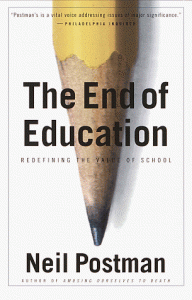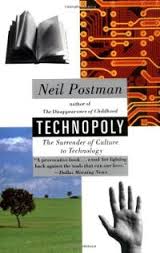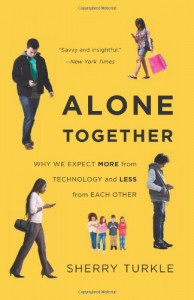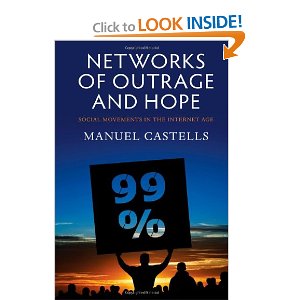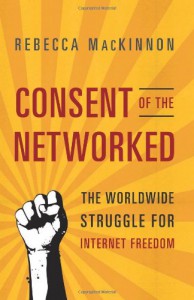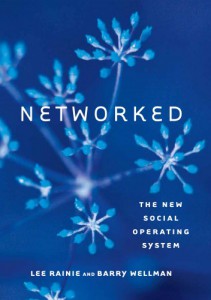
Shlomo Sand
5.0 out of 5 stars Excellent Complement to First Book! December 6, 2012
“The Invention of the Land of Israel” is the follow up to the fascinating and controversial “The Invention of the Jewish People“. This excellent book serves as a complementary addition to the aforementioned book and fills gaps left behind. Historian and outspoken professor, Shlomo Sand does it again with this enlightening and educational book that reveals the history behind the Land of Israel. This 304-page book is composed of the following five chapters: 1. Making Homelands: Biological Imperative or National Property?, 2. Mytherritory: In the Beginning, God Promised the Land, 3. Toward a Christian Zionism: and Balfour Promised the Land, 4. Zionism Versus Judaism: The Conquest of “Ethnic” Space, and 5. Conclusion: The Sad Tale of the Frog and the Scorpion.
Positives:
1. A well-researched and well-cited book that takes you into the always fascinating world of Jewish history.
2. As candid and forthright a book as you will find. Professor Sand provides solid and well-cited evidence in support of his arguments.
3. Enlightening and thought-provoking book to say the least.
4. An excellent complement to his best-selling book “The Invention of the Jewish People”.
5. The myth that was the forced uprooting of the “Jewish people.”
6. The book does a wonderful job of explaining how the dissemination of a formative historical mythos occurred. “Never did I accept the idea of the Jews' historical rights to the Promised Land as self-evident.”
7. Clarifies some of the misunderstood points made in his previous book.
8. Professor Sand takes pride in his historical scholarship and it shows. The quest for primary sources. The author does a good job of letting the readers know what he does have a good handle on and what he doesn't.
9. Explains what really precipitated the establishment of the State of Israel.
10. The book achieves its goal of tracing the ways in which the “Land of Israel” was invented.
11. The book achieves the main goal of disparaging the official historiography of the Zionist Israeli establishment.
12. The notion of “homeland” in perspective. “It is important to remember that homelands did not produce nationalism, but rather the opposite: homelands emerged from nationalism.” The concept of territorial entity.
Continue reading “Review (Guest): The Invention of the Land of Israel: From Holy Land to Homeland”

